The #CtheFuture 2.0 research, from the Adecco Group Foundation, comes at a time when sweeping workplace changes continue to shape the post-pandemic world of work – taking a toll on mental health and upending work arrangements and attitudes in numerous ways. The results show that, in our new world, flexible working hours will be expected by our future leaders.
Future Leaders on the Future Work
The 2021 research
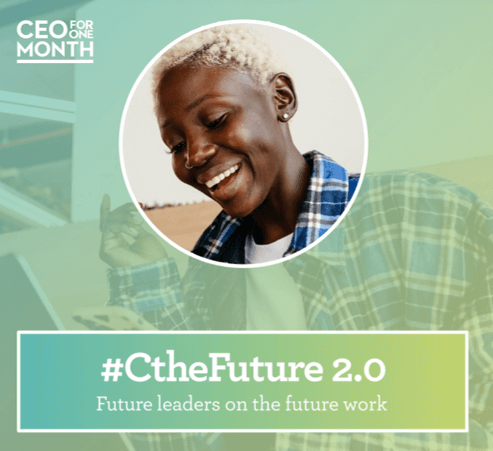
Key findings
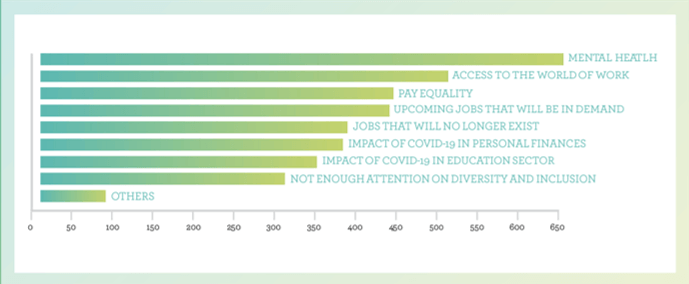
Mental wellbeing is of utmost importance. Following the pandemic and subsequent lockdowns, mental health is the number one concern that future leaders have about the future of work – outranking access to the world of work and pay equality.
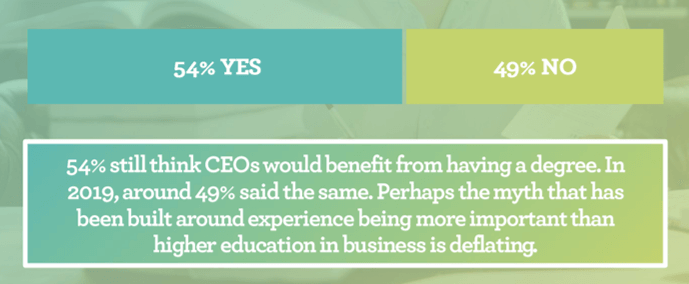
Contrary to the growing consensus in the business community that university degrees are not as important as they used to be for senior leaders in business, 54% of tomorrow’s leaders still think CEOs would benefit from having a degree. This is up from 49% when asked the same question in our last #CtheFuture survey, done in 2019.
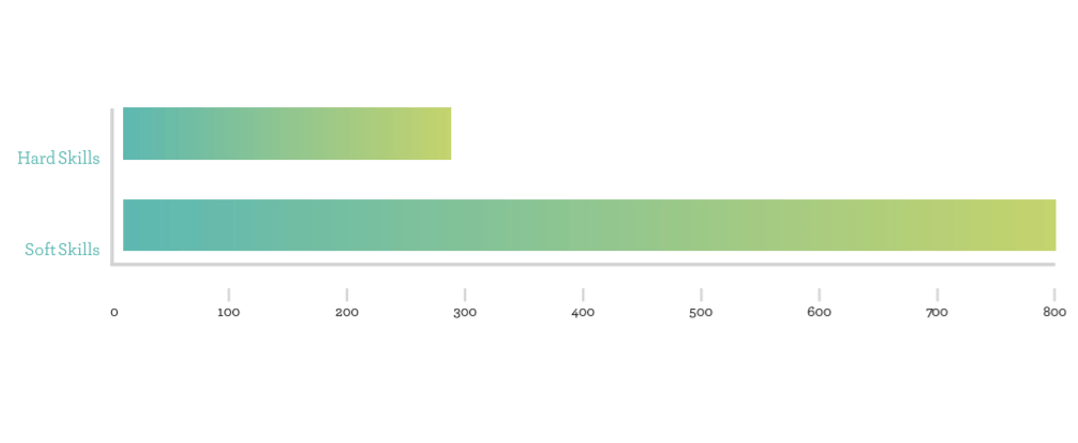
The demand for soft skills in leaders is on the rise. 79% of respondents said soft skills would be more important to future leaders than hard skills. This is up 10% since the 2019 #CtheFuture survey.
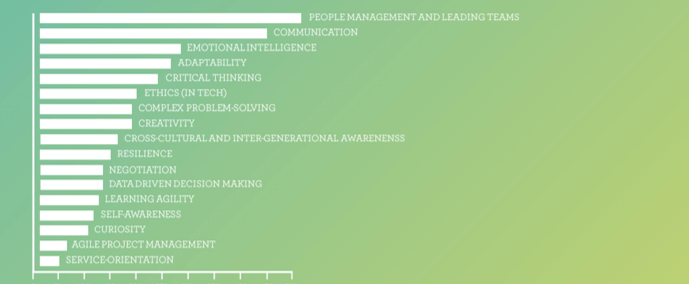
Of the soft skills, “people management and leading teams” and “communication” top the list, while “emotional intelligence” climbs up to the position of the third most valued soft skill.
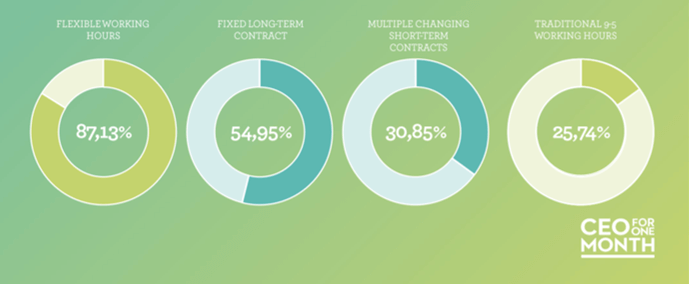
The future is flexible. 87% of future leaders want flexible working hours that allow them to achieve a work-life balance. This desire is equally distributed between male and female respondents.

